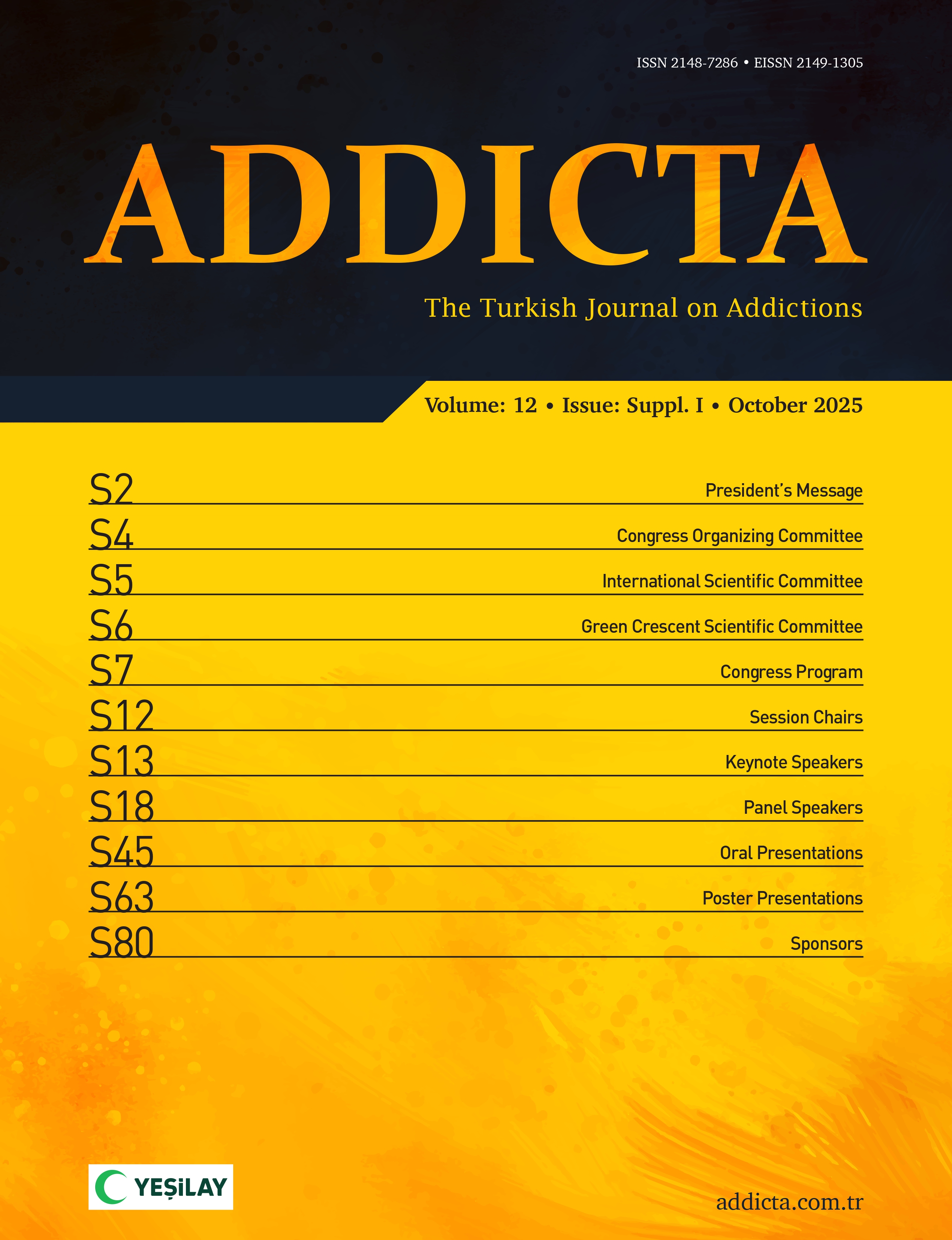After the first cases of coronavirus disease 2019, more than 700 million people were infected with severe acute respiratory syndrome coronavirus 2, and more than 7 million people died. The development of new vaccines helped alleviate the pandemic's effects. People with addiction have lower vaccination rates compared to the general public. Reasons like vaccine hesitancy, difficulty in accessing healthcare services, and stigmatization all contribute to this issue. We aimed to investigate the sociodemographic characteristics that might have an impact on vaccination in people with addiction. Accordingly, 394 participants were included in the study. Structured Clinical Interview for DSM-5 (SCID-5) -5 was employed to make the psychiatric diagnoses of the participants. Case report forms were filled out for the participants' sociodemographic characteristics and psychiatric and family history. Participants were compared regarding their vaccination status. There were significant relationships between vaccination rates and sociodemographic characteristics of the participants. Older and more educated participants were more likely to get vaccinated. There was a significant relationship between substance type and vaccination rates. Vaccination rates were lower for participants compared to the general population. The results indicate that specific sociodemographic and clinical characteristics can be identified as risk factors for vaccine hesitancy in people with addiction. Prioritizing this group will help reduce vaccine hesitancy and increase vaccination rates.
Cite this article as: Torun, H.O. Akdöner, B., & Keskinoğlu, P. (2025). Sociodemographic and clinical characteristics of vaccine hesitancy at an outpatient addiction treatment center. Addicta: The Turkish Journal on Addictions, 12(2), 120-126.

.png)


.png)
.png)